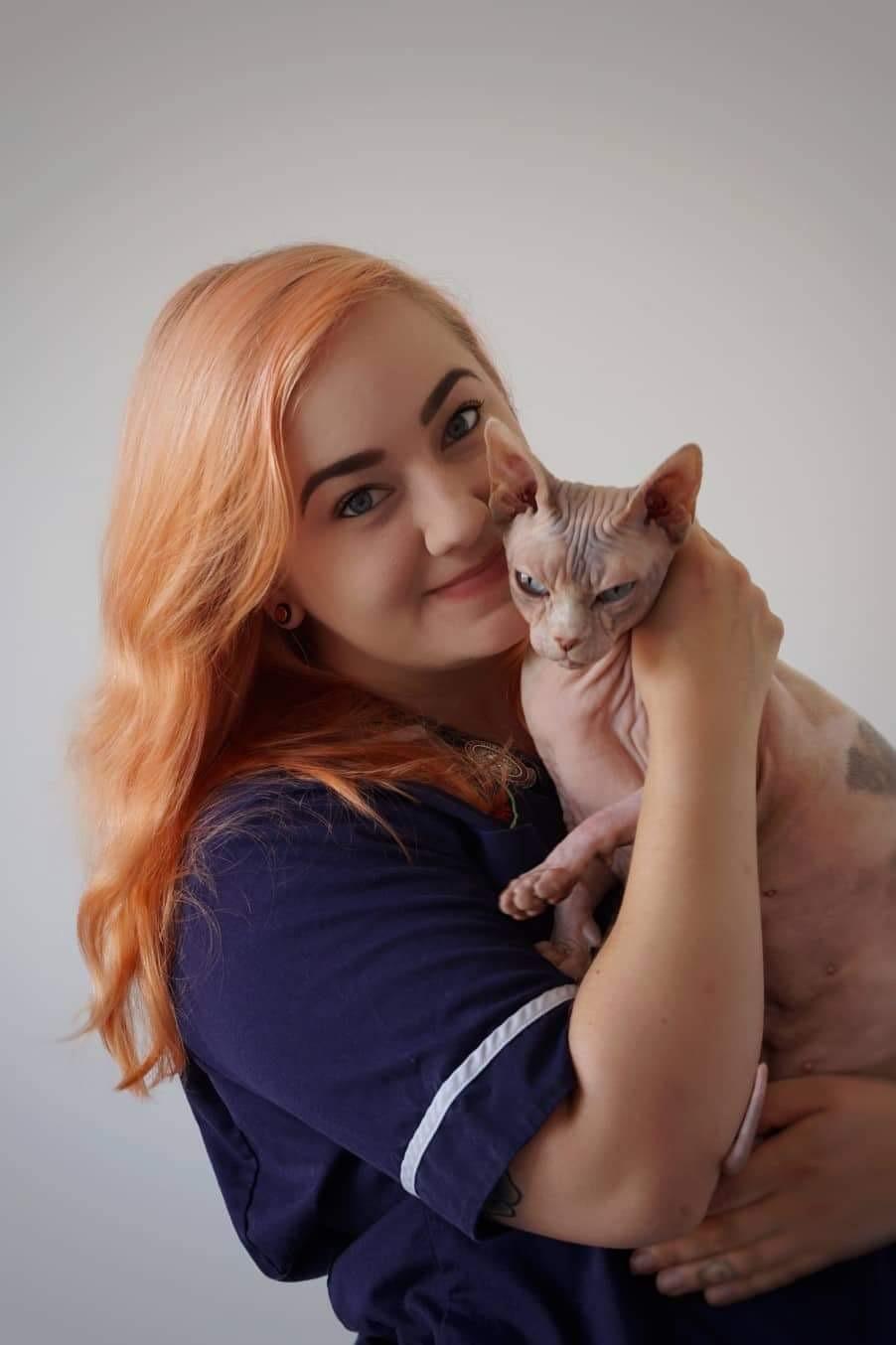After a dental treatment at your local branch your pet’s mouth may be rather tender for a few days. If teeth have been removed you may also notice a little blood in the saliva or after drinking – this is quite normal & will subside in a day or two.
For the first few days we advise feeding wet food (tins or pouches), & avoiding hard food or biscuits. If your pet normally eats a dry, complete diet, this can be softened by adding boiled, cooled water.
Once your pet has clean teeth & fresh breath it is an ideal time to start a home dental care routine, if you do not already have one. Plaque will start to build up again almost straight away after descaling & this turns into brown calculus, and will, in time cause the teeth to become loose.
Brushing the teeth, at least once a week, with a soft toothbrush and pet toothpaste is considered the best preventative care. Start by getting your pet used to having his/her mouth handled, & once happy about this you can introduce a toothbrush & paste. (NEVER use human toothpaste as animals do not like the taste or the foaming sensation. Dogs & cats cannot metabolise fluoride, which is found in most human toothpastes).
Some animals will not tolerate tooth brushing, so there are various alternatives available. These include Logic Gel, which contains enzymes & a surfactant that help to reduce plaque formation. Plaque Off is a natural seaweed based powder that is added to the food once a day & again helps to slow down plaque build-up. Oral Hygiene Rinse or Hexarinse are effectively mouth washes for pets. Vet Aquadent is a liquid to add to the drinking water.
Specific dental chews (e.g. Pedigree Dentastix) will also help slow down plaque formation. There are also dental toys available which when chewed have some of the mechanical action of brushing. Some toys also have grooves in them to apply toothpaste for an additional benefit.
Dry food is generally considered better for the teeth, than a completely wet diet. There are special dental diets (e.g. Hills T/D or Royal Canin Dental) which have a fibrous structure designed to scrape plaque from the tooth surface.
Please note that many pets will require further dental de-scaling in the future to deal with any tartar build-up.
The Veterinary Nurses offer a free dental check-up to allow early identification of tartar formation & dental disease. The nurses can also demonstrate tooth-brushing.
If you have any questions or need further information, please ask any member of our team.

